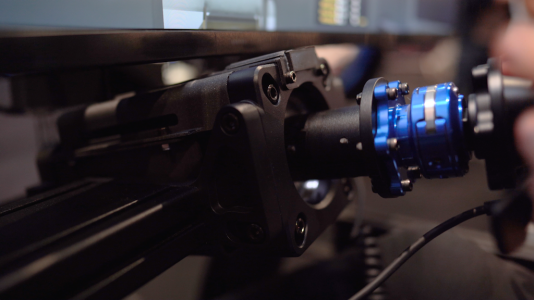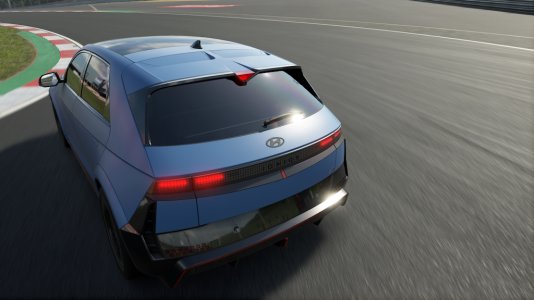It does appear that a frame rate that is acceptable does vary by person and I have noticed that any perceived latency is a huge issue as well.
Anton, my "Guess" about this is that your early experience with Pimax and extremely low frame rates has conditioned you. Whereas I started with a CV1 which was highly efficient and had the most efficient reprojection at the time and then I moved to the Index. So I never got used to that low a frame rate. More over I've developed an appreciation for higher frame rates.
I'm running 90 - 144 fps with no reprojection in all my game currently. In some games I find the difference in frame rates very noticeable. In shooting games it makes the largest difference. I've been running 144fps in a number of shooters and it almost feels like I'm cheating based in the improvements I'm seeing.
"One of the biggest technical challenges of VR is delivering content at a high enough frame rate to accurately "trick" the user into believing he or she is experiencing the external world. Studies have shown that in practice, any VR setup that generates frame rates below 90 frames per second (FPS) is likely to induce disorientation, nausea, and other negative user effects. The lower the frame rate, the worse the effects."
Frame rate vs Resolution: a subjective evaluation of
spatio-temporal perceived quality under varying
computational budgets
Since your head is always moving a bit in VR, a higher frame rate does improve image quality as the moving image blend giving you more of a sense of presence( the you are there feeling) However I've also found that steroscopic vision also impacts this feeling in a very substantial way.
I've seen graphs that show a convergence in how important both frame rate and resolution are. You obviously need enough of both for a game to be playable and there is some subjective feel for how sensitive you are to each.










